The Significance of Epiphany and Perspective in James Joyce's 'Araby'
VerifiedAdded on 2023/06/03
|5
|1046
|269
Essay
AI Summary
This essay provides a comprehensive analysis of James Joyce's short story, 'Araby'. It delves into the significance of epiphany, the central theme of the story, and how the protagonist's perspective shapes the narrative. The essay examines the young boy's experiences in Dublin, his infatuation with Mangan's sister, and his eventual disillusionment during his visit to the Araby bazaar. The analysis highlights the contrast between the boy's expectations and the reality he encounters, focusing on his journey from innocence to a realization of the vanity of romantic ideals. Furthermore, the essay explores how the story reflects the narrator's childhood and the impact of this transformative experience, ultimately concluding that the boy's perspective evolves as he confronts the gap between his dreams and the world around him. The essay also includes references to supporting critical interpretations of the text, making it a valuable resource for students studying English literature.
1 out of 5
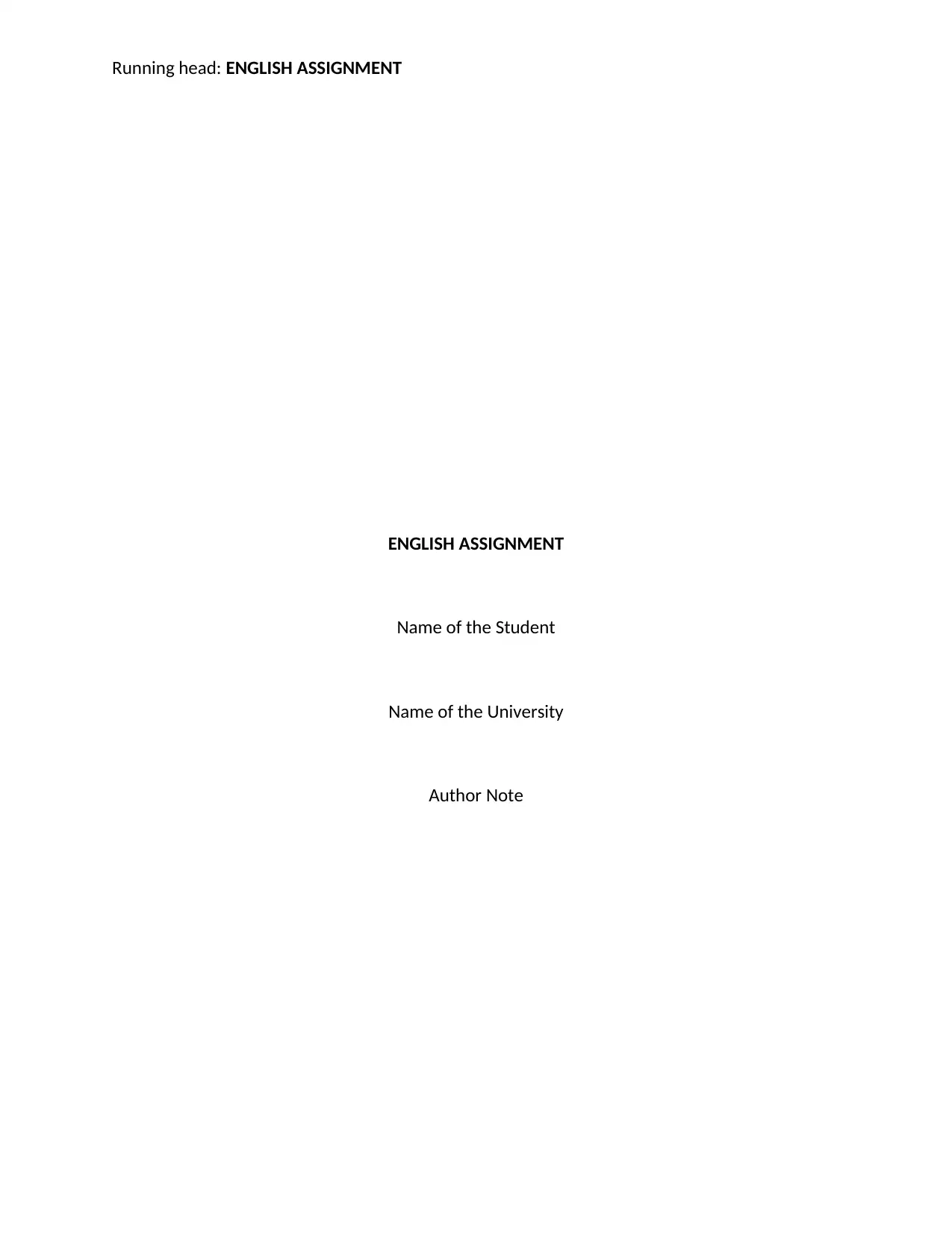
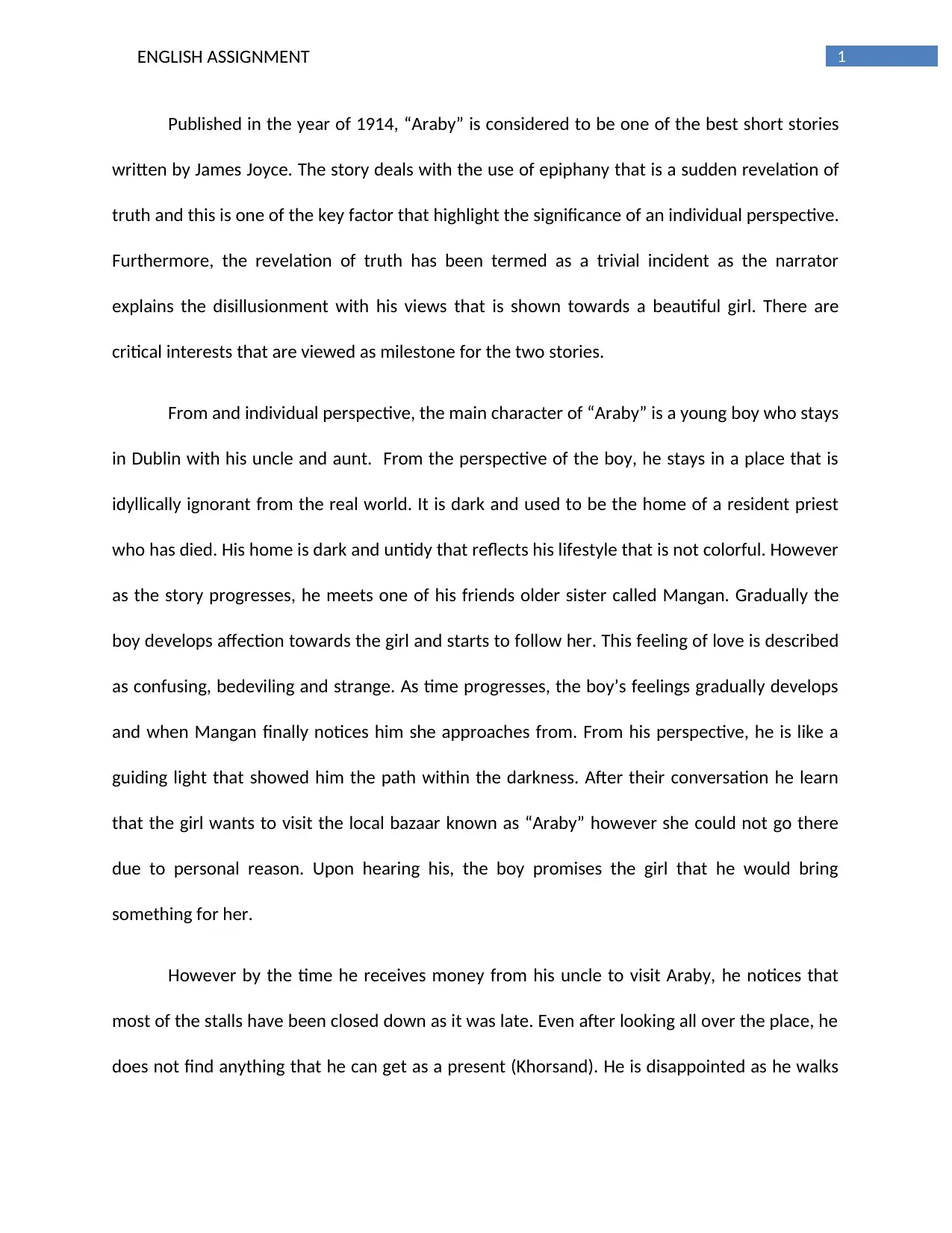
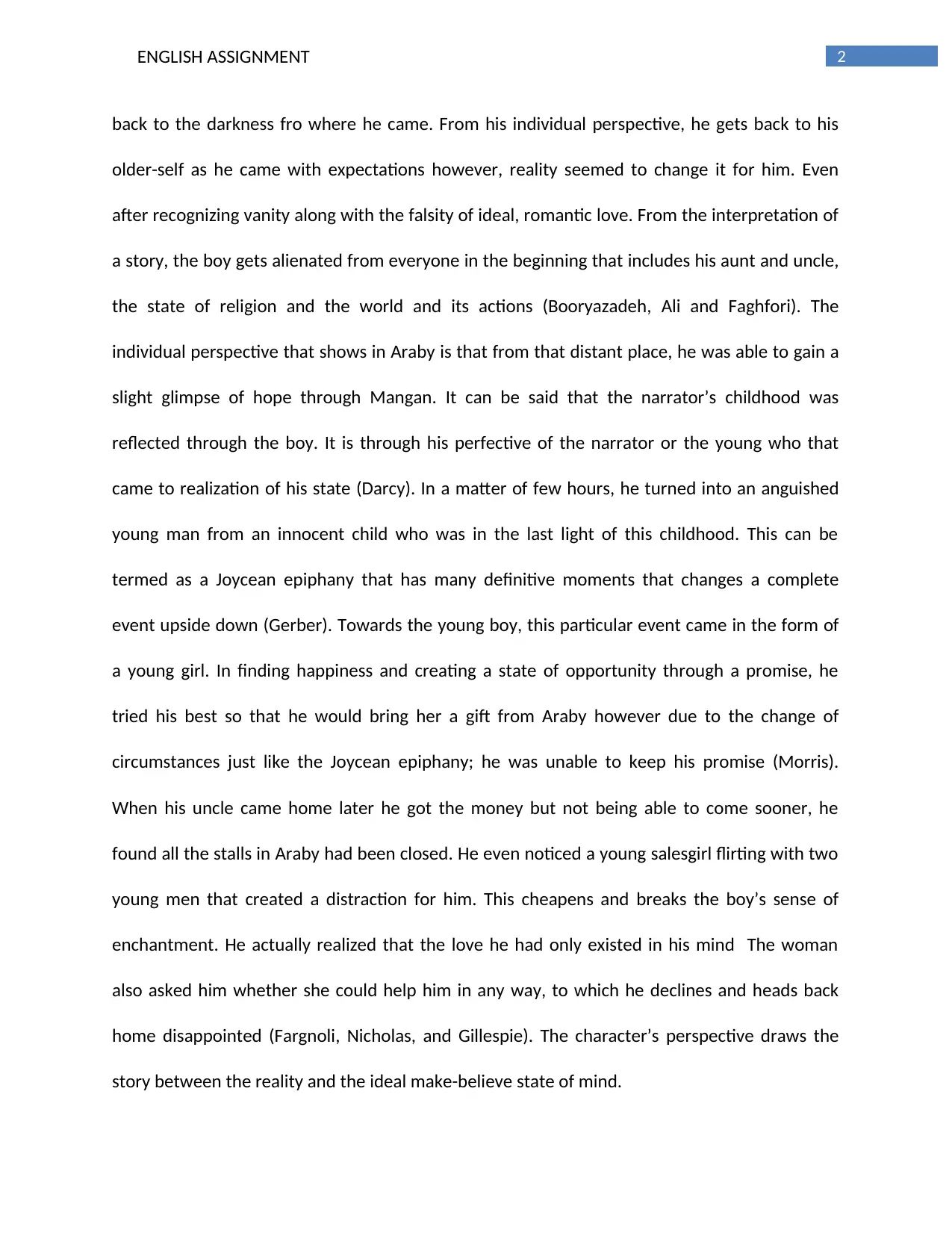

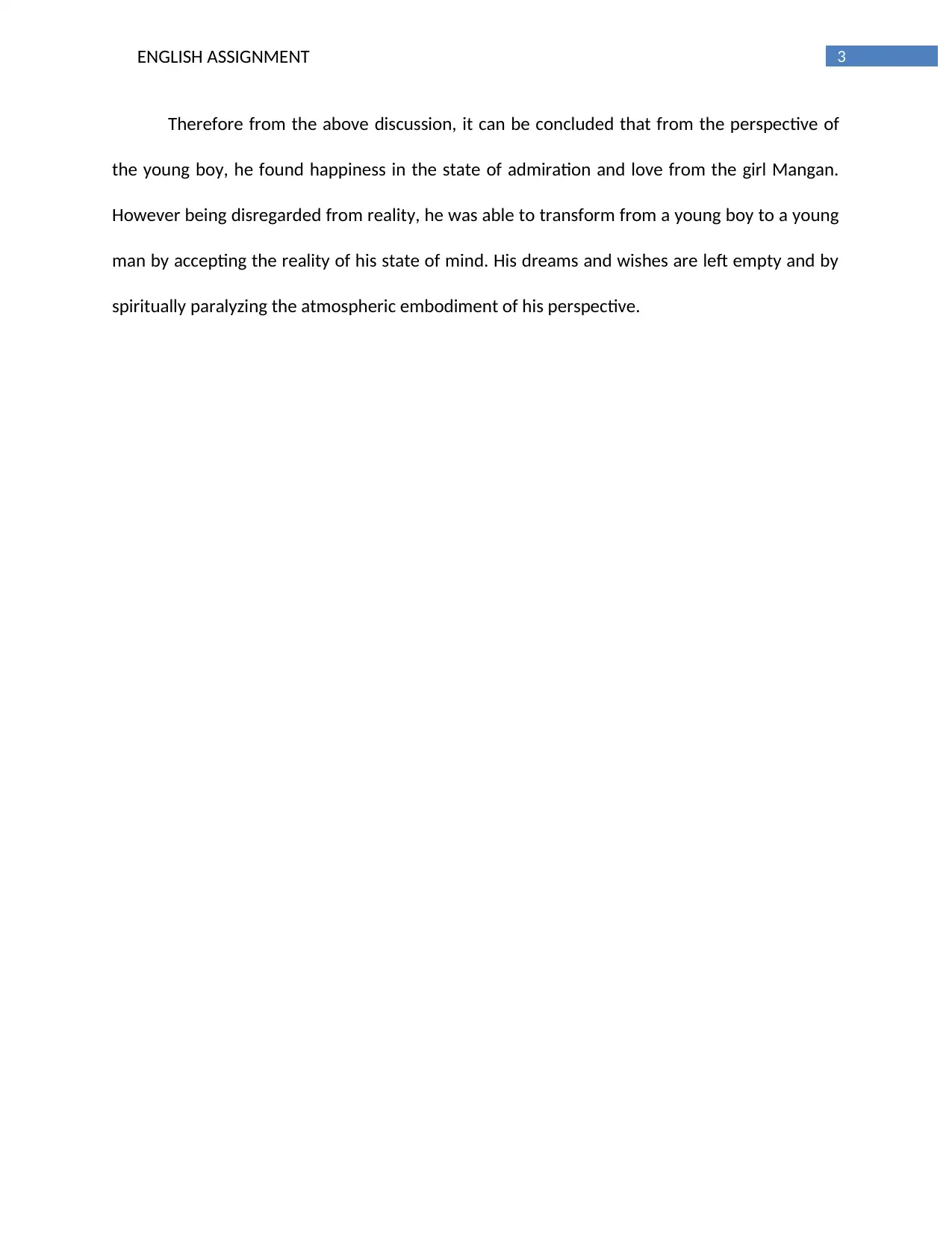
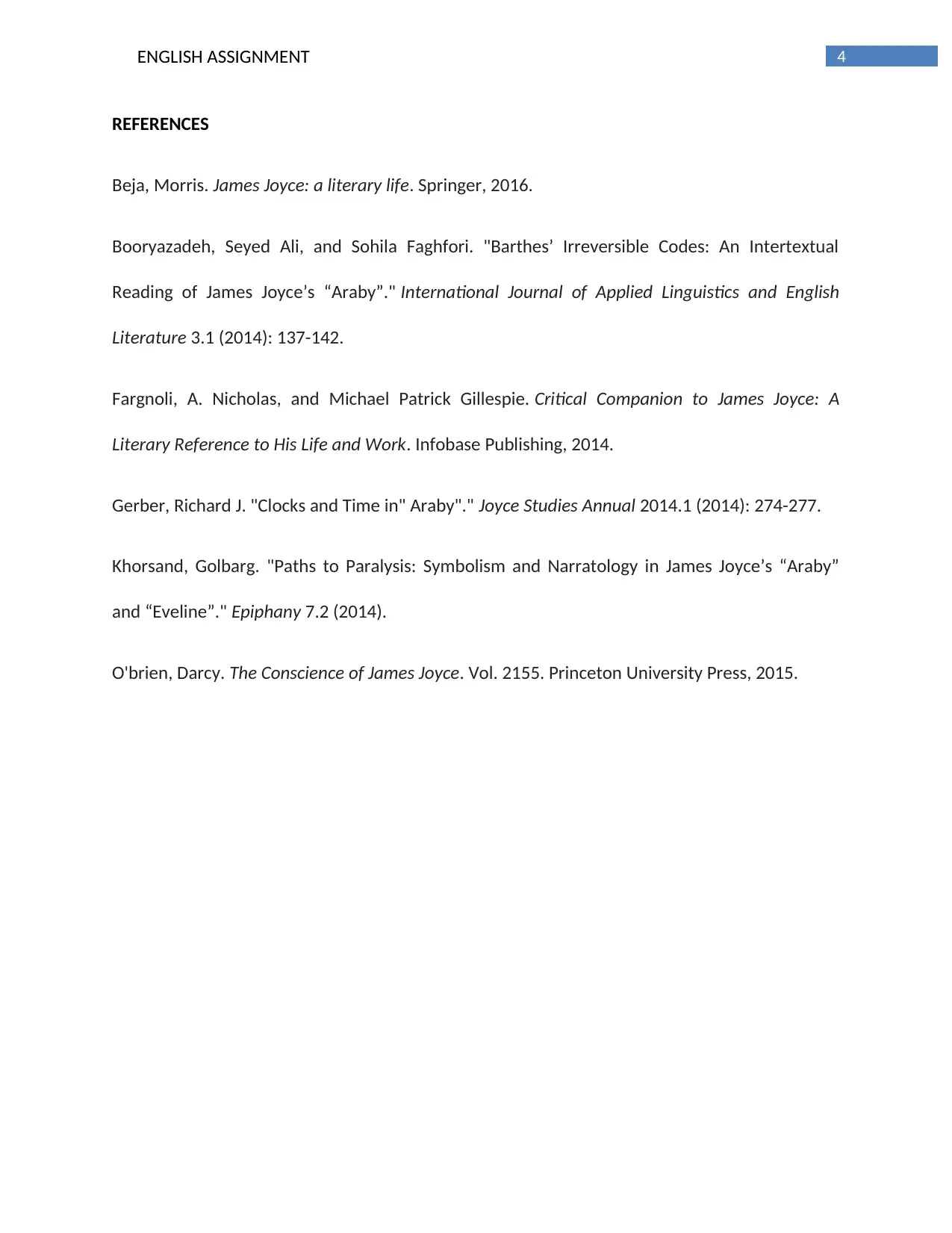





![[object Object]](/_next/static/media/star-bottom.7253800d.svg)